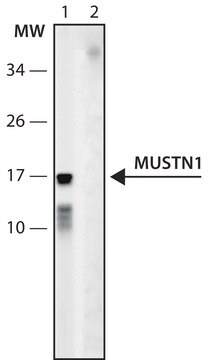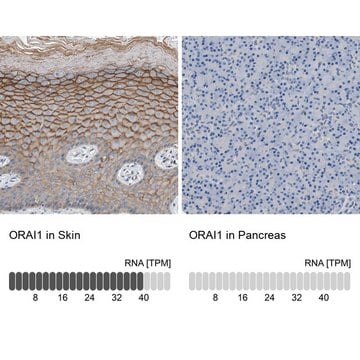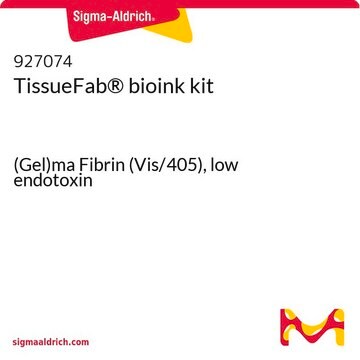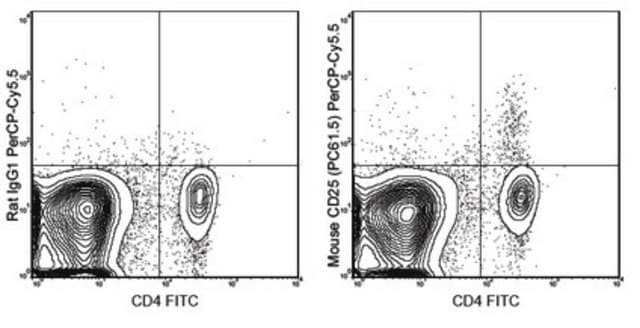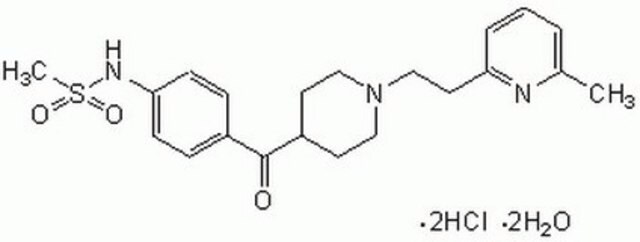ABD115
Anti-MUSTN1
from rabbit, purified by affinity chromatography
Synonym(s):
Musculoskeletal embryonic nuclear protein 1
About This Item
WB
western blot: suitable
Recommended Products
biological source
rabbit
Quality Level
antibody form
affinity isolated antibody
antibody product type
primary antibodies
clone
polyclonal
purified by
affinity chromatography
species reactivity
human, mouse
species reactivity (predicted by homology)
rat (based on 100% sequence homology)
packaging
antibody small pack of 25 μg
technique(s)
immunohistochemistry: suitable (paraffin)
western blot: suitable
isotype
IgG
NCBI accession no.
UniProt accession no.
shipped in
ambient
target post-translational modification
unmodified
Gene Information
human ... MUSTN1(389125)
Related Categories
General description
Specificity
Immunogen
Application
Cell Structure
Immunohistochemistry Analysis: A 1:250-1,000 dilution from a representative lot detected MUSTN1 in human skeletal muscle, mouse embryo, and mouse embryonic lung tissues.
Immunohistochemistry Analysis: A 1:250-1,000 dilution from a representative lot detected MUSTN1 in human skeletal muscle, mouse embryo, and mouse embryonic lung tissues.
Quality
Western Blotting Analysis: 2 µg/mL of this antibody detected MUSTN1 in C2C12 cell lysate.
Target description
Physical form
Storage and Stability
Other Notes
Disclaimer
Not finding the right product?
Try our Product Selector Tool.
WGK
WGK 1
Certificates of Analysis (COA)
Search for Certificates of Analysis (COA) by entering the products Lot/Batch Number. Lot and Batch Numbers can be found on a product’s label following the words ‘Lot’ or ‘Batch’.
Already Own This Product?
Find documentation for the products that you have recently purchased in the Document Library.
Our team of scientists has experience in all areas of research including Life Science, Material Science, Chemical Synthesis, Chromatography, Analytical and many others.
Contact Technical Service